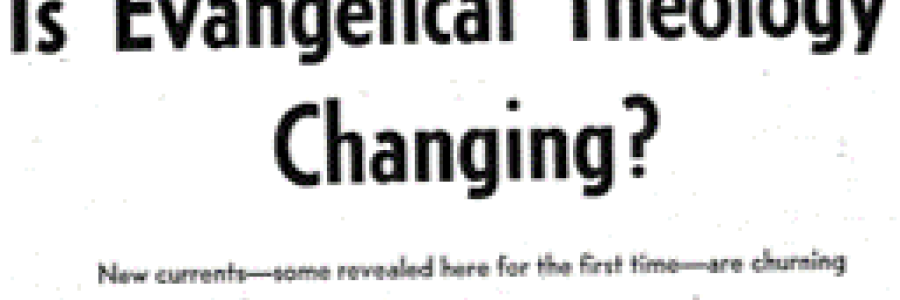Theology Thursday - Ernest Pickering on "New Evangelicalism"
In the spring of 1959, Ernest Pickering wrote an article for the Central Bible Quarterly entitled “The Present Status of the New Evangelicalism.”1 This was only one of the first in an eventual avalanche of articles written by passionate and articulate fundamentalists, beginning in the late 1950s, as the breach between the “New Evangelicalism” and “Fundamentalism” became, for many men, a bridge too far.
Elsewhere, Robert Ketchum wrote to GARBC churches and pleaded with them to not participate in Billy Graham’s crusades. To do so, he warned, would be “the same in principle as going back into the [American Baptist] Convention for a season.”2
In the summer of 1959, William Ashbrook (also writing for the Central Bible Quarterly) solemnly warned his readers about the “New Evangelicalism.” He thundered forth, “First, it is a movement born of compromise. Second, it is a movement nurtured on pride of intellect. Third, it is a movement growing on appeasement of evil. And finally, it is a movement doomed by the judgment of God’s holy Word.”3





Discussion